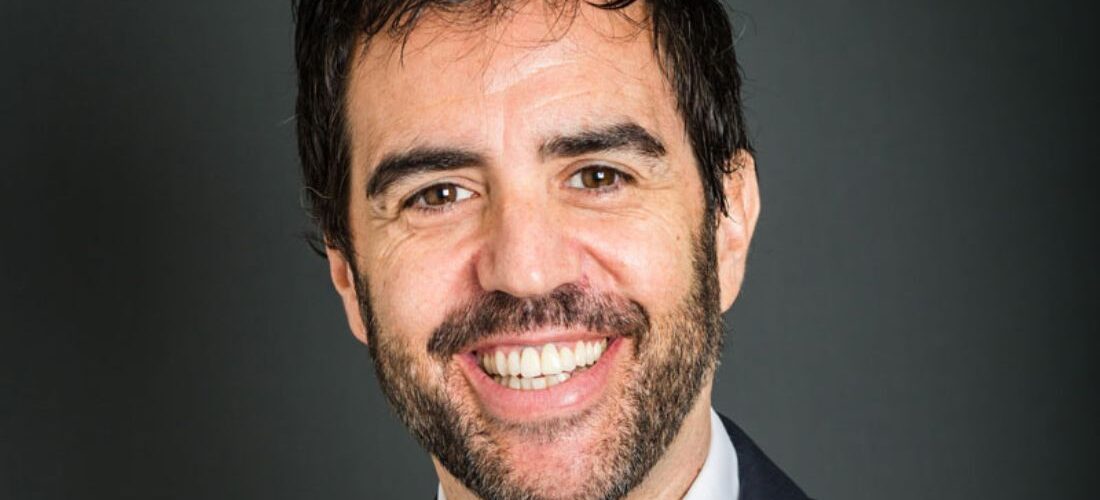The new anti-occupy law: promises and pending challenges
The analysis of the new law highlights its promises of judicial efficiency, although experts point out the challenges that remain for its effective implementation
Experts: Jaime Garrido Mata, partner at Cel Abogados; Maite Hernández Falcó, partner at Andersen and Manuel Hernández, partner and CEO of Vilches Abogados.
by mercedes galán
The issue of illegal occupation of housing has been a constant concern in Spain, generating tensions between property owners and occupiers. With the recent reform of the Criminal Procedure Law (LECrim), the government aims to provide a quick and effective response to this phenomenon, establishing trials that resolve cases within a maximum of 15 days. However, the measure faces criticism due to its implementation and the limitations of the judicial system.
FAST TRIALS. A LIMITED ADVANCEMENT IN PRACTICE
One of the central points of the reform is the inclusion of the crimes of trespassing and unlawful occupation in the fast-track trials. This modification will allow these cases to be resolved in a short period. However, Jaime Garrido Mata, partner at Cel Abogados, points out that the judicial reality makes it almost impossible to meet this deadline: “Although the reform sets 15 days as the maximum deadline, the saturation of the courts makes it unfeasible. If an occupation case is resolved in a month, it would already be a success; in three months, it would still be acceptable. Compared to the previous legal regulation, the abbreviated procedure, where such cases could take between one and three years to resolve (first sentence), the improvement is substantial.”
Garrido explains that the main problem lies in the limited judicial resources and the legal resources that the squatters can file against the judgments, extending the procedures. He suggests that adopting precautionary measures, such as eviction during the criminal investigation, could be an immediate solution. However, he acknowledges that “current case law is divided on this point, and it would be advisable to unify criteria to ensure these measures are effective.”












